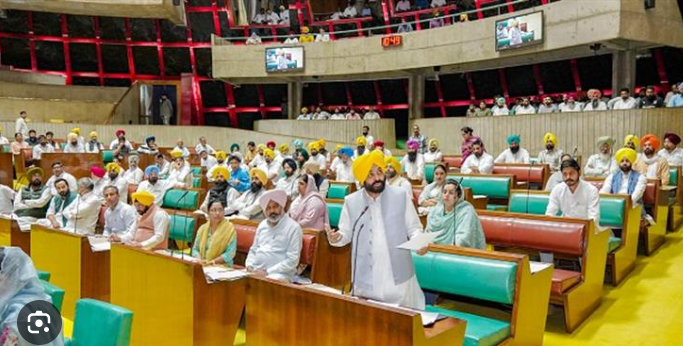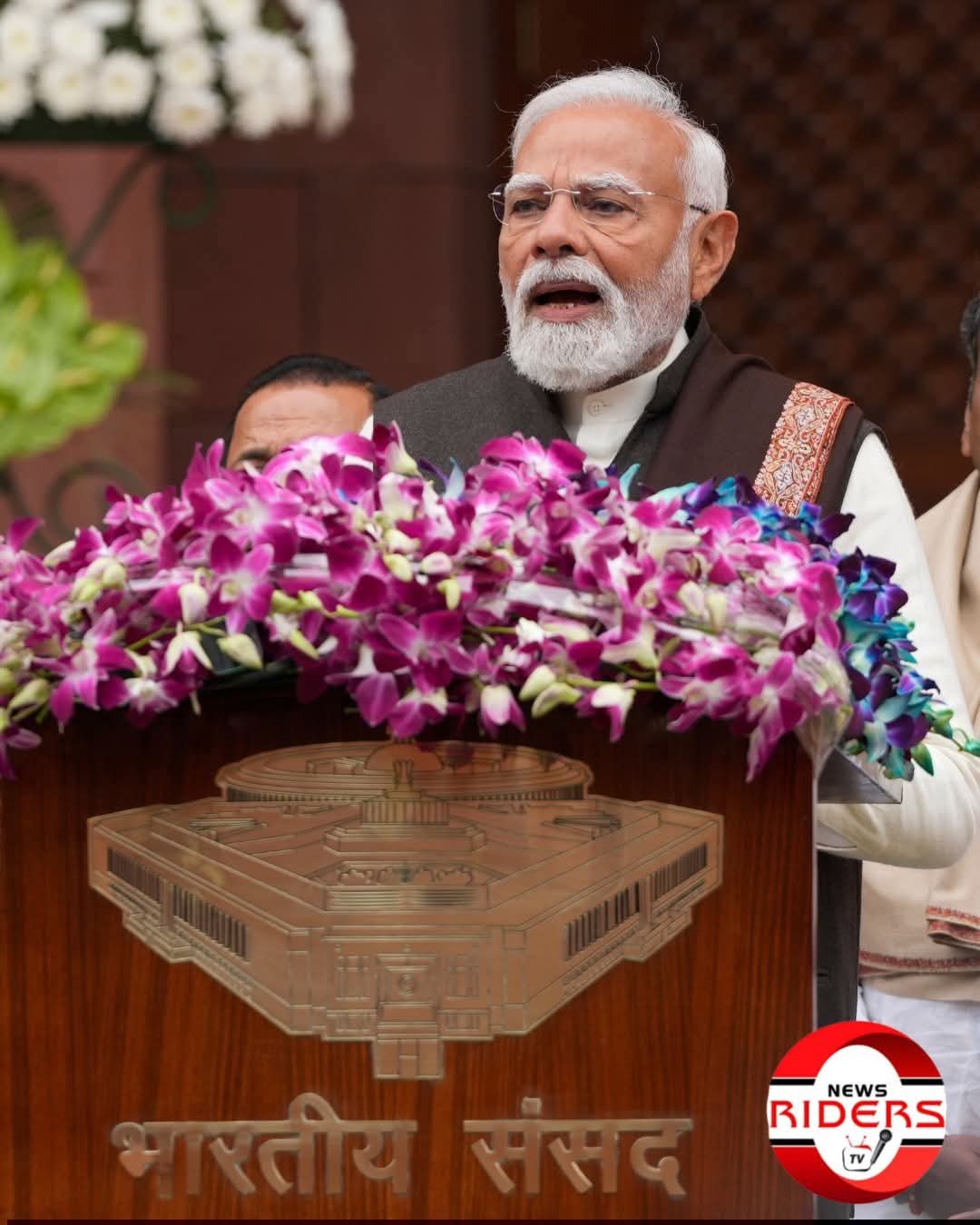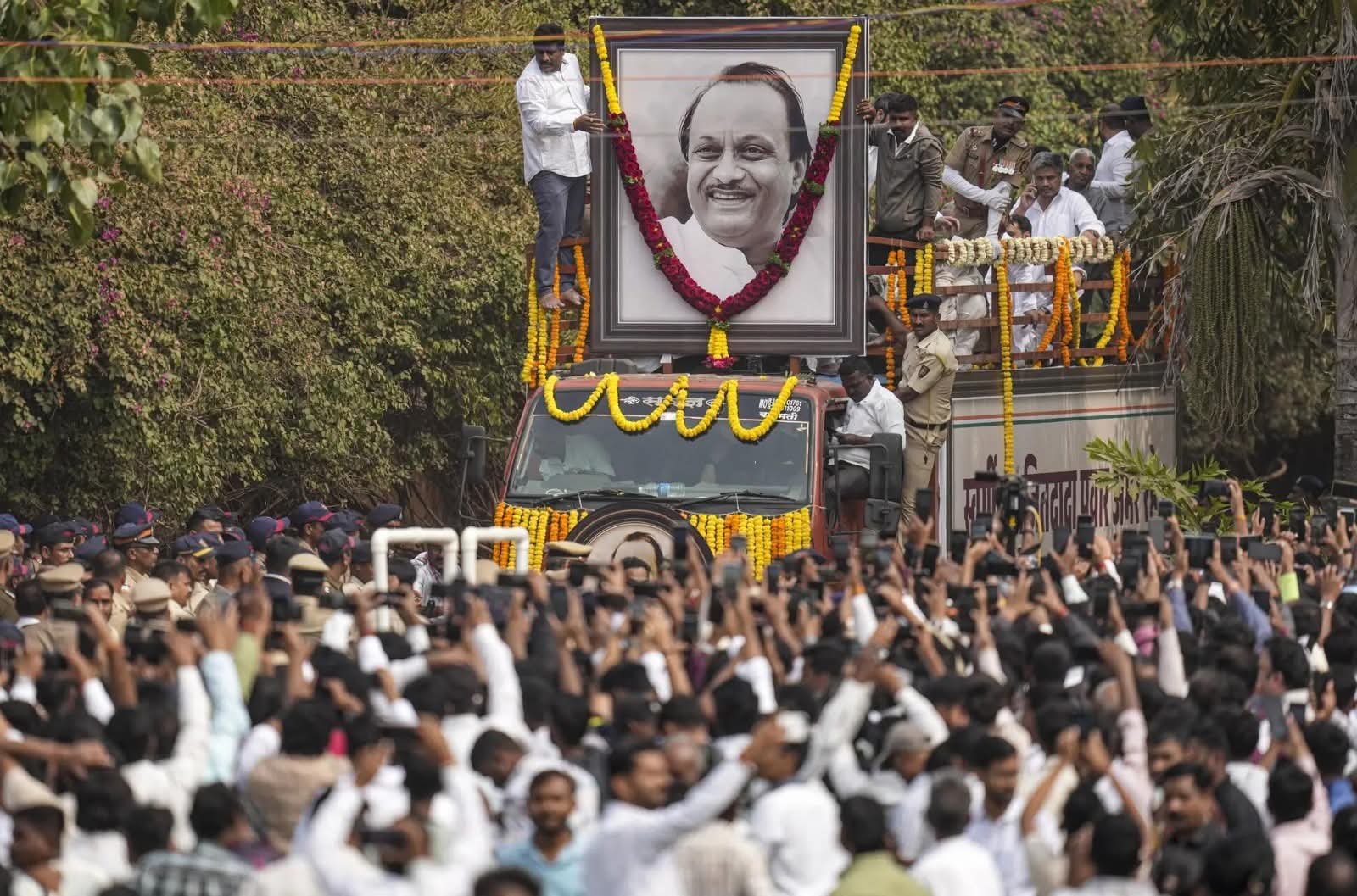ਜਿਸ ਨਗਰ ਨਿਗਮ ਦੀ ਸ਼ਹਿਰ ਨੂੰ ਸਾਫ਼ ਸੁਥਰਾ ਰੱਖਣ ਦੀ ਉਸਦੇ ਮੇਨ ਦਫ਼ਤਰ ਦੇ ਅੰਦਰ ਬਾਥਰੂਮਾਂ ਦਾ ਬੁਰਾ ਹਾਲ ਹੈ ।
Punjab Amends State Development Tax Act: Key Changes
Dated: 15 July 2025
For: Chartered Accountants, Finance Professionals, Payroll Administrators
Cabinet Approves Punjab State Development Tax (Amendment) Bill, 2025
The Punjab Cabinet, chaired by Chief Minister Bhagwant Mann, approved and tabled the Punjab State Development Tax (Amendment) Bill, 2025 in the Vidhan Sabha on 14 July 2025. The bill was passed on the same day during the special session.
The proposed amendment seeks to simplify compliance, reduce administrative burden, and promote voluntary adherence to the PSDT framework, which levies a ₹200/month tax on professionals and salaried individuals earning above ₹2.5 lakh annually.
Key Amendments at a Glance
| Provision | What’s New |
|---|---|
| Annual Lump-sum Payment | Option to pay ₹2,200 per year instead of monthly ₹200 installments |
| One-Time Settlement Scheme | New Section 11A: Allows resolution of outstanding dues and disputes |
| Exceptional Events Handling | Sections 11B–11D introduced for cases of death, merger, insolvency |
| Unified Registration | Single registration for persons who are both individuals & employers |
| Penalty Cap Introduced | Maximum penalties now rationalized to ensure proportional enforcement |
Background & Revenue Impact
The PSDT Act, originally notified in 2018, generated approx. ₹190 crore in FY 2024–25, with significant compliance led by employers and professionals. Despite its low monetary threshold, compliance remained a challenge due to operational inefficiencies and disproportionate penalties for minor defaults.
⚠️ Stakeholder Challenges Before the Amendment
1. High Compliance Burden for Small Taxpayers
Monthly payments and quarterly returns became cumbersome for small businesses and self-employed professionals for a relatively small tax amount.
2. Double Registration for Dual Roles
Professionals acting as both employer (e.g., practicing CA firms) and self-employed individual had to maintain separate records and filings.
3. No Closure for Old/Disputed Liabilities
The earlier regime lacked a mechanism for settling dues in cases where the taxpayer was deceased or business was shut, leading to inflated arrears and interest.
4. Disproportionate Penalties
Penalties often exceeded the tax liability, discouraging voluntary compliance and creating avoidable litigation.
5. Poor Portal Usability
Issues such as no bulk return upload, delayed challan acknowledgments, and lack of auto-reminders hampered filing efficiency.
✅ Reforms to Address Practical Problems
The 2025 amendment directly addresses the above concerns:
-
Annual option removes the monthly compliance bottleneck.
-
Settlement and closure provisions offer relief for legacy cases and discontinued entities.
-
Unified registration eases operations for CAs, consultants, and startups.
-
Penalty capping ensures enforcement is fair, proportionate, and constitutionally sound.
-
Portal improvements are expected post-notification to simplify user experience.
⏳ Implementation Timeline
-
The bill was passed on 14 July 2025 and will be notified shortly.
-
PSDT portal (https://psdt.punjab.gov.in) will be updated to reflect the new provisions.
-
Stakeholder communication, user guides, and official FAQs are expected within the next 30–45 days.
CA’s Note & Advisory
Chartered Accountants may consider the following actions:
-
Notify clients eligible under PSDT (especially professionals, freelancers, contractors).
-
Evaluate pending liabilities—prepare for one-time settlement under Section 11A.
-
For firms acting as both employers and service providers, consolidate registrations.
-
Plan for FY 2025–26 filings using the annual lump-sum option where suitable.
For further updates, kindly follow notifications on the official site psdt.punjab.gov.in or await clarifications from the Department of Excise and Taxation, Punjab.
Prepared by: [CA/CPA Ranvir Singh]






















Login first to enter comments.